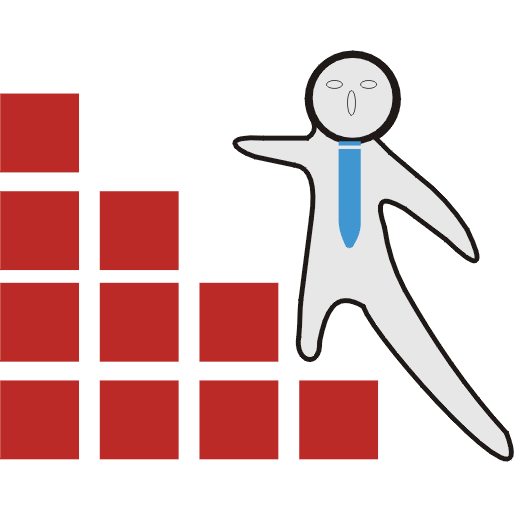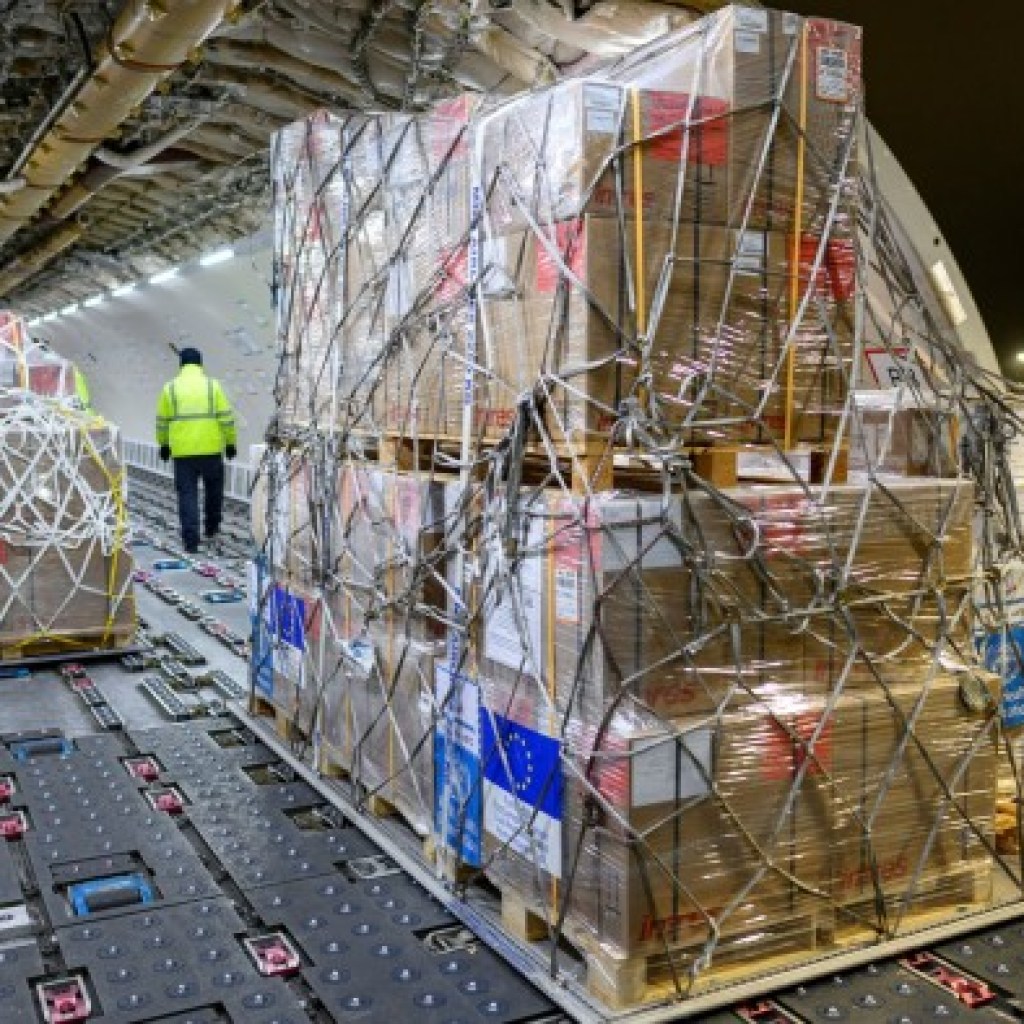Digest opened free editor
Rola Khaleda, FT editor, chooses her favorite stories in this weekly newsletter.
The borrowing costs in Japan, which lasted 10 years, increased to the highest level in 16 years on Thursday, as Tokyo joined the sale of global bonds, which was ignited by Germany’s decision to spend more to defense.
The return on the Japanese government bond has increased for 10 years 0.06 percentage points to 1.5 percent, its highest level since 2009. JGB has increased by 0.4 percentage points since the beginning of 2025.
On Wednesday, Germany witnessed the largest rise in borrowing costs in 28 years, as its bonds were sold after a historical deal between political parties to spend hundreds of billions of euros on infrastructure.
The rise in German bond returns comes amid the rise in revenues in other countries, including the United Kingdom, on the back of government plans to increase financial spending.

Asia traders said that this step was very driven by feelings, and that it was difficult to determine who was behind the sale, especially because the banks and major institutions tend to be buyers of JGBS in March before the end of the Japanese fiscal year.
“It is a similar story around the world – a little infection from Germany,” said Metol Kochs, a total strategic expert in Barclays.
He added that “the shift in views towards Japan” after the stronger economic growth of the expected and the high inflation has sparked the market expectations for a more honest policy than the Bank of Japan.
BOJ raised interest rates twice last year, trying to normalize monetary policy after years of very low prices.
On Thursday, the rise in fixed increases in JGB returns since the beginning of 2025 comes with the continued Japanese inflation in exceeding the central bank’s goal by 2 percent.
The uncertainty about the interest rate expectations in Japan was highlighted, and the JGB market was highlighted in a speech on Wednesday by the Deputy Governor of the Bank of Japan, Shinichi Uchida.
In a speech that touched on the current situation of the global economy, Uchida pointed out the increasing geopolitical tension as one of the factors that could “affect both economic activity and prices in the United States, such as new management policies.”
Some merchants began to betting on BOJ raising interest rates at its next meeting later in March. However, the majority of economists continue to predict the following increase will be in July.
The yen was stable during the morning of Tokyo on Thursday, when he was hovering at about 149.2 he was denying against the US dollar. Japanese stocks rose during the morning, with Broad Topix climbing 1.2 percent.
The shares of the largest defense manufacturers in Japan, heavy Mitsubishi and heavy cocochi, increased by 10 percent and 9.8 percent, respectively, on expectations that Japan would increase its military spending.
Contents
- 1 Related posts:
- 2 China says it is ready to fight any kind of war with the United States "to the end" with the ease of...
- 3 American solar energy companies rely on Xinjiang materials, where forced work is outsider
- 4 Gold rates are climbing in Pakistan, while global investors flow to the safe armed assets
Related posts:

Say Job City in Pakistan for today latest jobs opportunities in private and Govt departments. View all new Government careers collected from daily. sayjobcity.com


